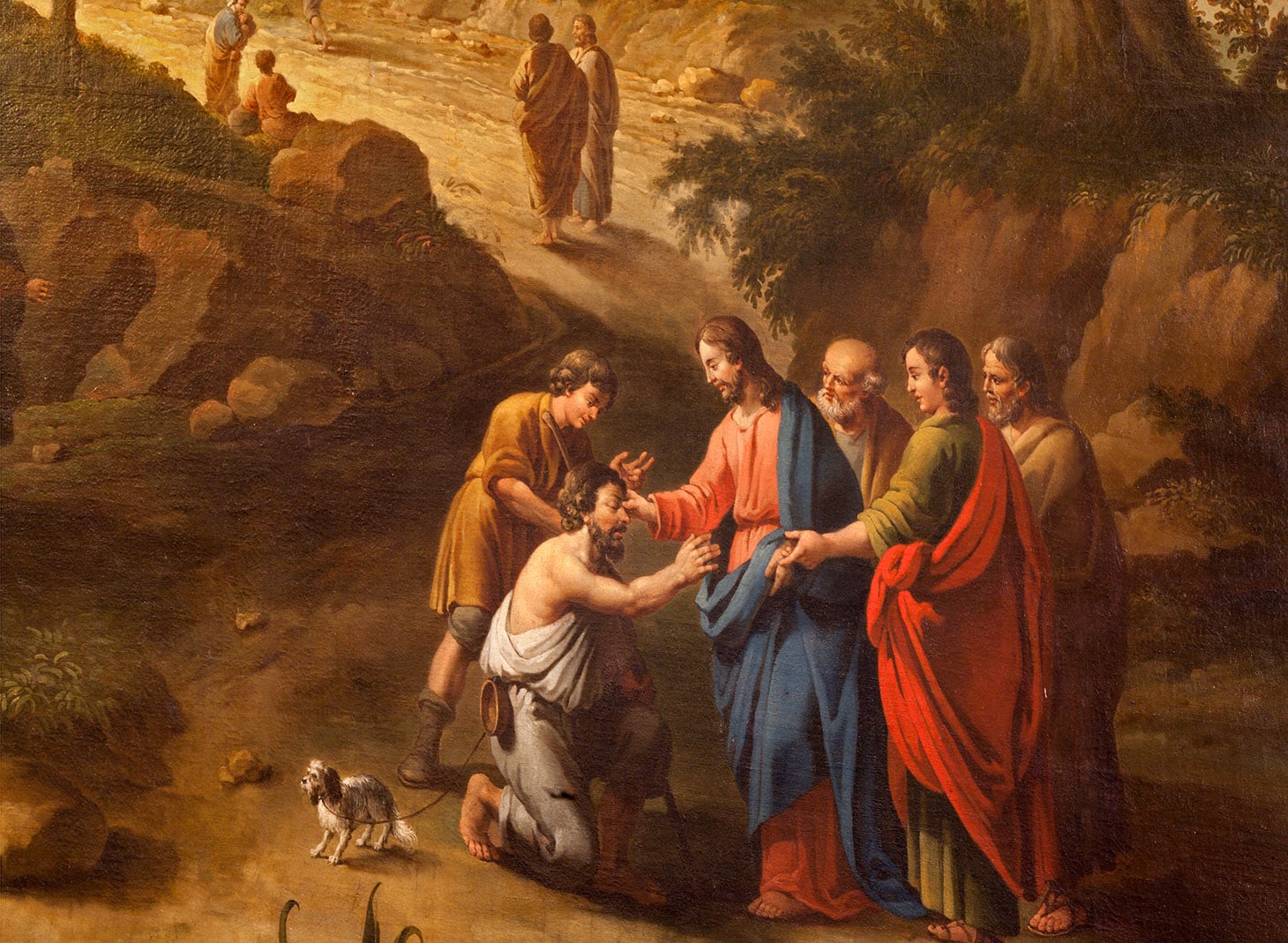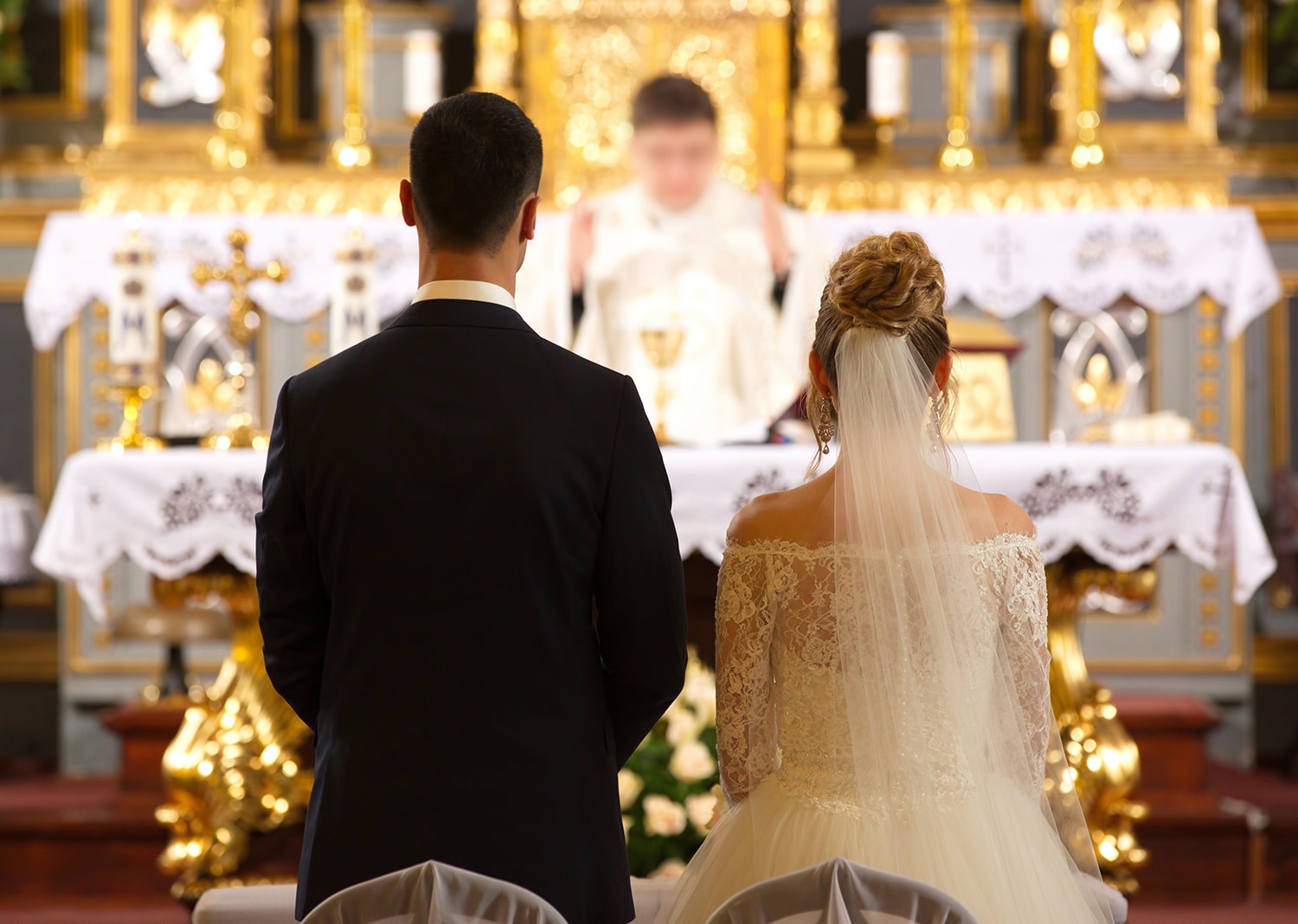A friend told me the other day about “book Twitter,” which seems to collect people who read a lot and pride themselves on it, though they mostly read new and popular fiction. Reading in itself is understood to be admirable and beneficial.
I don’t think it is beneficial in itself, necessarily. No more than watching ball games, or birds. But that’s another discussion.
Reading doesn’t automatically benefit Christians. The benefit depends on what we read and why, and therefore we must read to a purpose.
Here I don’t mean spiritual reading, something to work out with your priest or spiritual director, but general reading, the kind of reading you do to enjoy the story and learn more about the world.
Before anyone objects, this reading to a purpose does not mean you must give up light reading. It may well mean you should read more enjoyable books than you do. Nor does this mean you have to slog through long, dense, impossibly-written books of theology. It probably means you shouldn’t.
What am I reading?
I think this a point worth making because reading has such a high cultural status for Americans. We share an almost universal belief that reading is good, period. We can think of our choice of reading as entirely up to us, something we don’t need to subject to religious scrutiny.
We assume that God will be happy we’re reading and not care much about what we read, because reading is good, period, as long as we’re not reading something truly bad.
I once assumed that without knowing I did. I remember the first time another Christian questioned my reading. He was the kind of Christian who uses God the way a mugger uses a bat, and said in a very censorious voice something like, “How does that glorify Christ?”
I knew he asked that question because I was reading a book with which he disagreed, but I was still furious at the idea my reading could be judged. Eventually, as I understood more about the Christian life, I saw that he’d asked a good question and one I needed to try to answer more consciously than I ever had.
What do I mean by read to a purpose? To think about our reading more intentionally than many of us do and to have conscious reasons, reflecting what we believe God wants us to do with our lives, for reading this and not that. We spend — literally spend — our time reading and we should spend it as thoughtfully as we spend our money.
Why am I reading?
I don’t have any rules for reading, except to ask: What should I be doing and what do I need to read to do it?
The choices will vary a lot between individuals, of course, given the diversity of work we do. As a newspaper editor, I need to read a lot of news and commentary I wouldn’t read if I were just writing for the Catholic press.
CCD and RCIA teachers may need to read to help them better understand how to convey the truths of the faith to people whose minds have been generally formed by a secular, materialistic culture. Some people may read the books book Twitter reads because they want to be able to talk to their neighbors about their reading.
I think a Catholic’s reading will generally exclude celebrity gossip and a lot more the culture insists we know. It could exclude political news that doesn’t affect our duties as a citizen (and not much does). We don’t need to read the newest fad bestseller or hot writer, or the latest book claiming to explain everything. We don’t need to keep up.
Reading to a purpose will almost certainly include light reading, though everyone’s idea of light reading will differ. God made us to play, to enjoy the good things of the world for themselves, as a way to refresh ourselves. We might read a funny book the way we might play hoops with friends or garden or anything else “un-religious” but rewarding.
The value of light reading
Sometimes we need light reading. We can run down our mental batteries and need time to recharge them, while still thinking.
And light reading can teach us a lot. G.K. Chesterton’s Father Brown stories, for example, will tell you a lot about the Faith and about how to see the world clearly. Ellis Peters’ Brother Cadfael stories will do the same. We can learn without suffering.
Reading to a purpose probably doesn’t include reading heavy theology. We need to give that intense mental effort to other subjects relevant to what we do. We must know our theology, but most of us need to get it from those who mediate between the theologians and us. For most of us, that’s good news.







